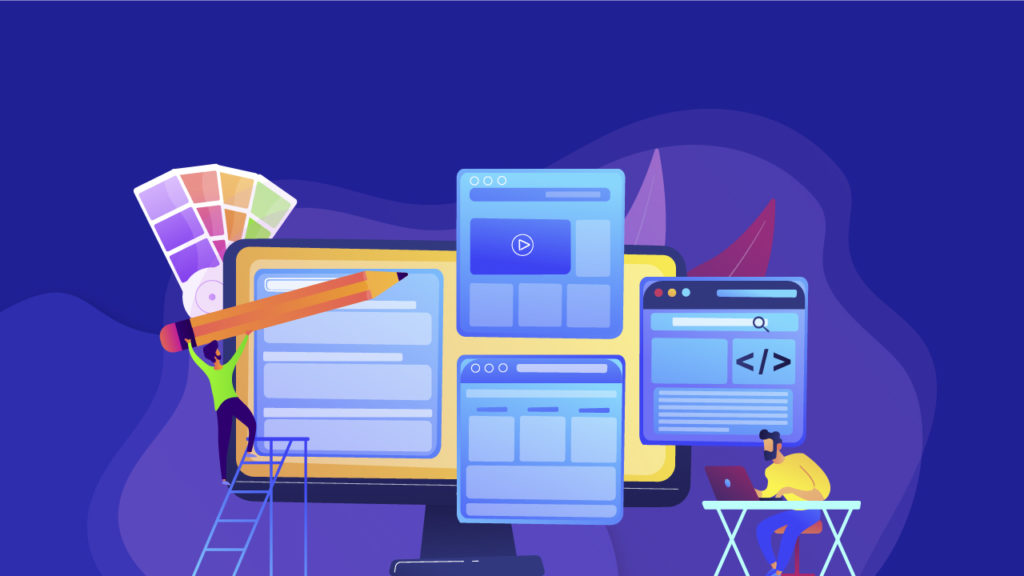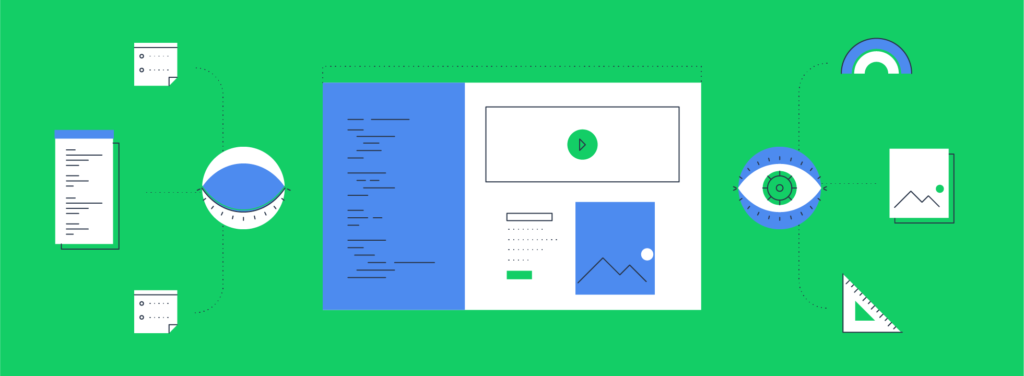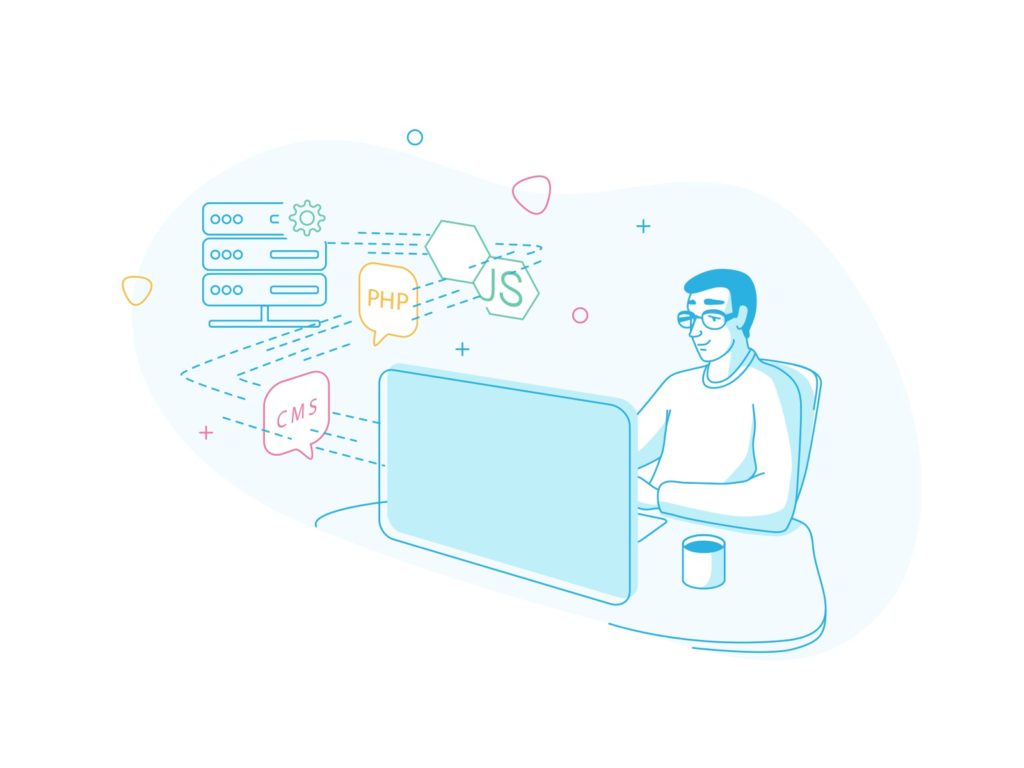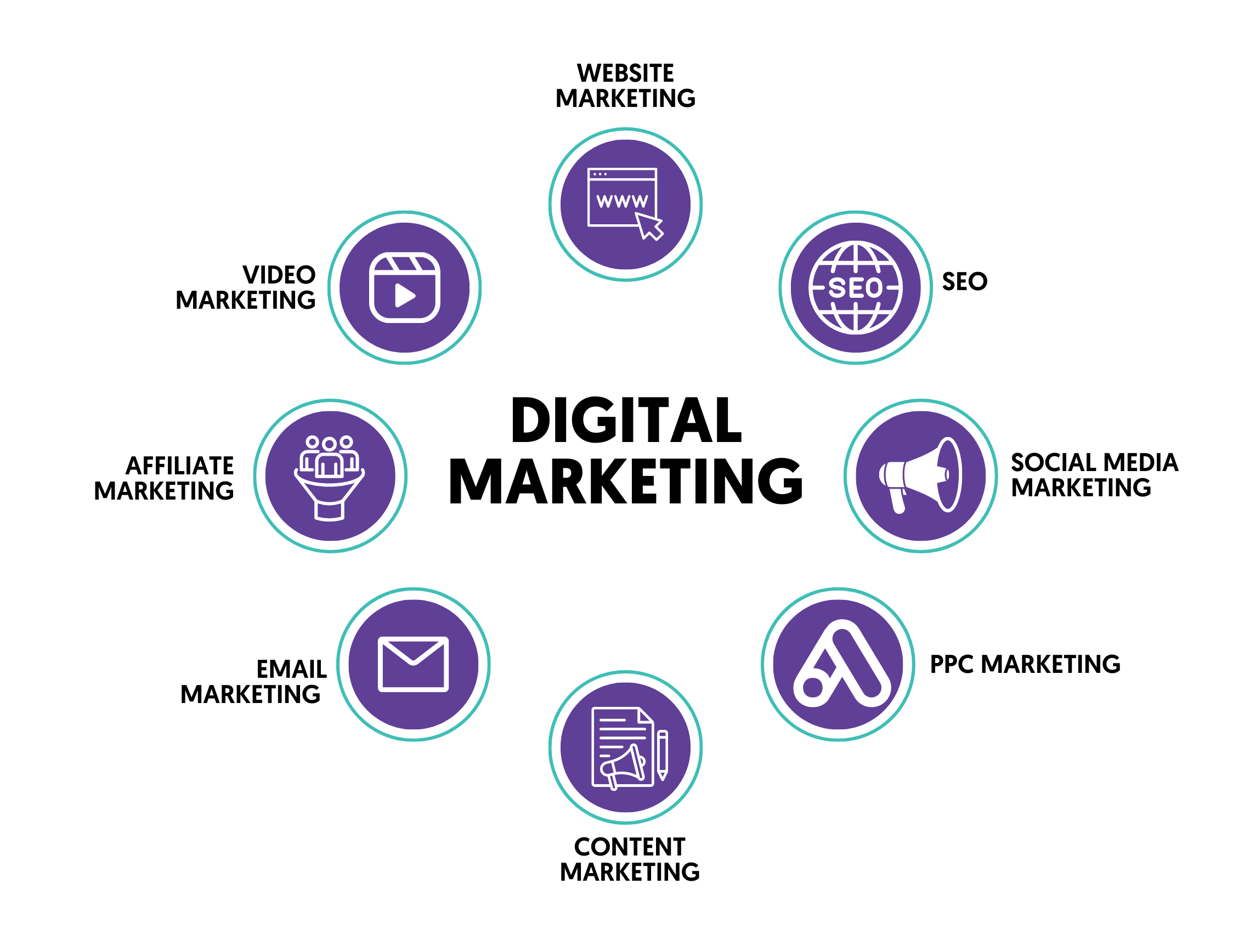
What Is Website Development?
Definition of web development

There are two main ways to create a website: coding it yourself or using a content management system (CMS) like WordPress, Blogger, or Joomla. However, using a CMS has some drawbacks:
Limited control over the website development process.
Restricted functionality and features.
Therefore, if you have sufficient human and financial resources, coding your website from scratch offers greater creativity and flexibility.
For instance, developing a website for industries that require extensive functionality, such as real estate, eCommerce, or healthcare, is not feasible with a CMS. However, for a blog, platforms like WordPress or Blogger are perfectly suitable.
Additionally, it is crucial to apply the right software development methodology. Currently, Agile is considered the most effective framework by many large and small software development companies.
To truly understand web development, there are several additional aspects you must grasp.
What is an IP address?
Understanding IP addresses is crucial for web developers, as they form the foundation for identifying and establishing connections with web servers. These numerical configurations, often presented as sets of numbers separated by periods (such as 192.168.1.11), are fundamental to web connectivity.
At Designveloper, we fully appreciate the significance of IP addresses, which span a wide range of tasks from configuring servers to crafting websites. Our web developers rely heavily on these addresses to navigate the digital terrain and access remote servers housing websites.
Furthermore, a comprehensive grasp of both IPv4 and IPv6 is essential. IPv4 uses 32-bit addresses, while IPv6 employs 128-bit addresses. As the number of internet-connected devices continues to grow, IPv6 is gradually replacing IPv4.
Recent data underscores the central role of IP addresses in web development, with an estimated 27.7 million web developers worldwide. Asia contributes 6.5 million to this figure, while the United States hosts 4.4 million, highlighting the widespread influence and significance of this field.
For more insights, refer to the 2023 State of Web Development report and the web development report, which provide comprehensive information on the latest trends and predictions in the field of web development.
What does HTTP mean?
When a web browser requests a webpage, it initiates a communication with the web server using HTTP. This protocol serves as the pathway for transmitting various types of content, from text to videos, forming the backbone of web communication.
Web developers frequently leverage HTTP’s capabilities to ensure websites operate efficiently and securely. Techniques such as HTTP caching and data compression are employed to enhance website performance.
The introduction of HTTP/3 in 2022 marks a significant advancement since the approval of HTTP/2 in 2015. Powered by QUIC, an innovative transport protocol, HTTP/3 represents a major leap forward in optimizing the performance of modern applications and websites by maximizing network efficiency.
Web development roadmap
Sure, let’s give it a rewrite while maintaining a human-like tone, low burstiness, and low perplexity, along with SEO optimization:
Embarking on a journey toward becoming a skilled web developer starts with following a structured roadmap, serving as a reliable guide.
Starting with the basics lays a strong foundation. Learning HTML, CSS, and JavaScript forms the bedrock of web development. As of 2024, JavaScript remains widely used, albeit not universally adored by developers.
Once these fundamental technologies are mastered, delving into more advanced topics such as responsive web design and front-end frameworks becomes the next logical step. In the current landscape, ReactJS maintains its dominance in front-end development, while VueJS has garnered significant popularity for its simplicity and adaptability.
Moving forward, back-end development, encompassing server-side scripting, databases, and server management, takes center stage. The year 2024 witnesses notable trends in back-end development, with the increasing adoption of Elixir and the emergence of headless CMS options reshaping the industry.
Security in web development stands as a paramount concern. Equally vital is web performance optimization, with strategies like preloading critical assets, minimizing third-party usage, and eliminating render-blocking resources being pivotal.
Version control systems like Git play a crucial role in the development process. In 2024, the landscape offers over 25 alternatives to Git, catering to various platforms and preferences.
Furthermore, proficiency in Content Management Systems (CMS) and web hosting bolsters one’s skill set. In the current year, the enthusiasm for Sanity, a CMS, continues to surge, gaining traction in both familiarity and satisfaction.
Specialization is common among web developers, whether in e-commerce, mobile app development, or web accessibility. In 2024, a plethora of new trends in web development emerge, revolutionizing the landscape and redefining the way websites are crafted.
Purposes of website development

Furthermore, as the number of Internet users is higher and higher every minute, a website will help your business be more visible to customers if SEO is done well. This happens because customers are really skeptical and they won’t spend a dime without doing careful research.
This means, your customers will be able to find out more about the products/services you are offering them. Visitors can go around and decide if they like your stuff. At this stage, they can order/buy it or ask for more details. In the third case that customers don’t buy your products/services, at least they know your brand.
How to Learn Web Development?

- High-paid salary. The demand for software developers is getting higher and higher, at the same time, the shortage of talent makes the competition for attracting software developers even fiercer. That’s why it’s no doubt that the salary of such a profession is so appealing
- Flexible workplace. You can code everywhere because all you need is just a laptop or a PC. However, don’t worry if you are working in a team. Many different online communication tools (Skype, Meet, Slack, for example) will help optimize the way you guys interact with each other.
- Learning curve. In general, web development or software development always poses great obstacles regarding new knowledge ranging from new languages, and new frameworks to new methodologies. And of course, these things won’t be easy to absorb. However, if you love challenges, welcome to our world.
The 3 Main Types of Website Development
Definition of front-end development

Languages
To start this practice, you need to be familiar with 3 things: HTML, CSS, and JavaScrip.
- The first one – HTML or HyperText Markup Language – will help you structure your website. In other words, HTML is what you need to annotate the interfaces of a website, for example, the footer, header, the display of images, text, and other media. As a front-end developer, you must master some common knowledge of HTML which are default layout rules, styling, HTML semantics, and contextual usage.
- ChatGPT
CSS, or Cascading Style Sheets, is the language that helps make a website unique. If HTML is the body, CSS is the clothing we wear. To become a proficient front-end developer, it’s essential to master several key concepts in CSS.
- Last but not least is JavaScript. This programming language has been the most popular one for the past two decades, used to create dynamic and interactive websites. To excel in JavaScript, you must understand three key features:
What is back-end web development?




